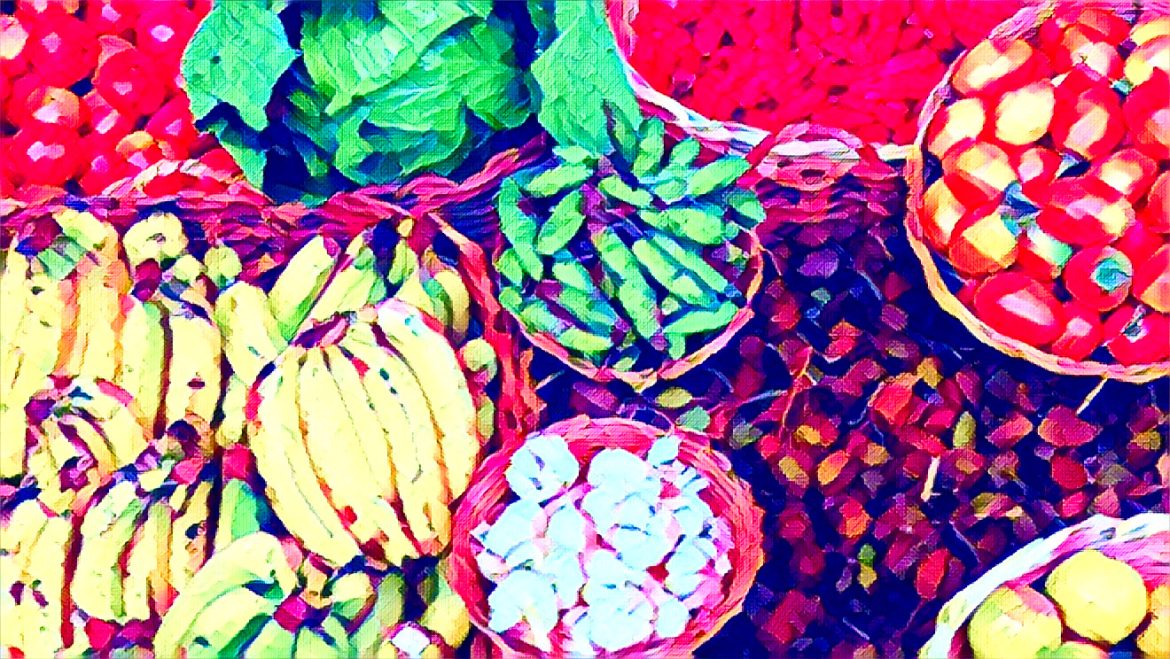African food production heavily relies on seasonal rains, which often leads to communities having an excess of fruits like mango, guava, and other indigenous varieties during peak seasons. However, these fruits quickly diminish as the seasons change. The lack of infrastructure to preserve this bounty results in food shortages, leading to a dependence on food aid or remittances. This ongoing issue highlights the critical need to develop local capacities to effectively manage and preserve food.
Investment in data collection could dramatically improve how communities handle their food surplus, reducing the need for imports. Despite the obvious benefits, many African nations lack institutions capable of capturing and utilizing production data effectively. For example, data on the flow of seasonal fruits to urban markets remains undocumented, obscuring how much is consumed locally versus in cities. This gap hinders effective policymaking and investment in food preservation technologies.
Accurate and timely data can guide critical agricultural decisions, preventing production gluts that destabilize market prices and reduce return on investment. By understanding what to produce, when, and for whom, communities can align their outputs with market demand, enhancing economic efficiency. Furthermore, detailed data could reveal the agricultural sector’s contribution to GDP, not just in raw quantities but in economic impact, helping to inform broader economic strategies.
The establishment of aggregation centers in farming communities could transform local economies. These centers would collect and manage local produce, enabling more effective distribution and potentially inspiring local value-added processing. Such initiatives could mitigate the costs and inefficiencies associated with transporting small quantities of goods to distant markets, fostering local economic growth and reducing the need for imports.
A robust system for capturing and analyzing agricultural data is essential for managing not only food production but also economic trends such as inflation, which is often affected by agricultural inputs and food costs. Policymakers equipped with comprehensive data can better understand and react to economic shifts, supporting local economies and reducing dependency on imported goods.
By focusing on building local capacity and improving data utilization, African communities can achieve greater food security and economic independence, reducing their reliance on imported food and enhancing overall sustainability.
Source: Newsday


